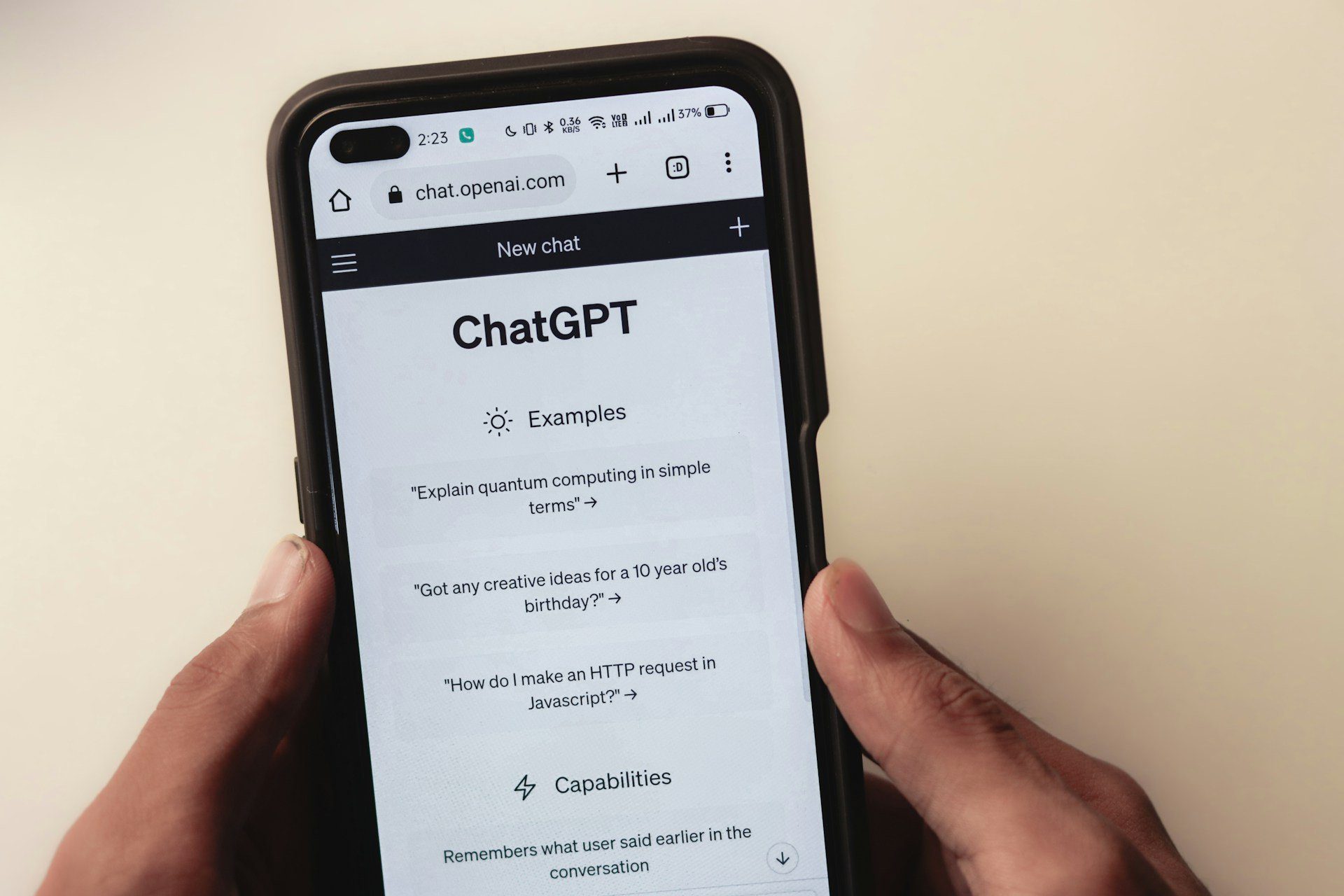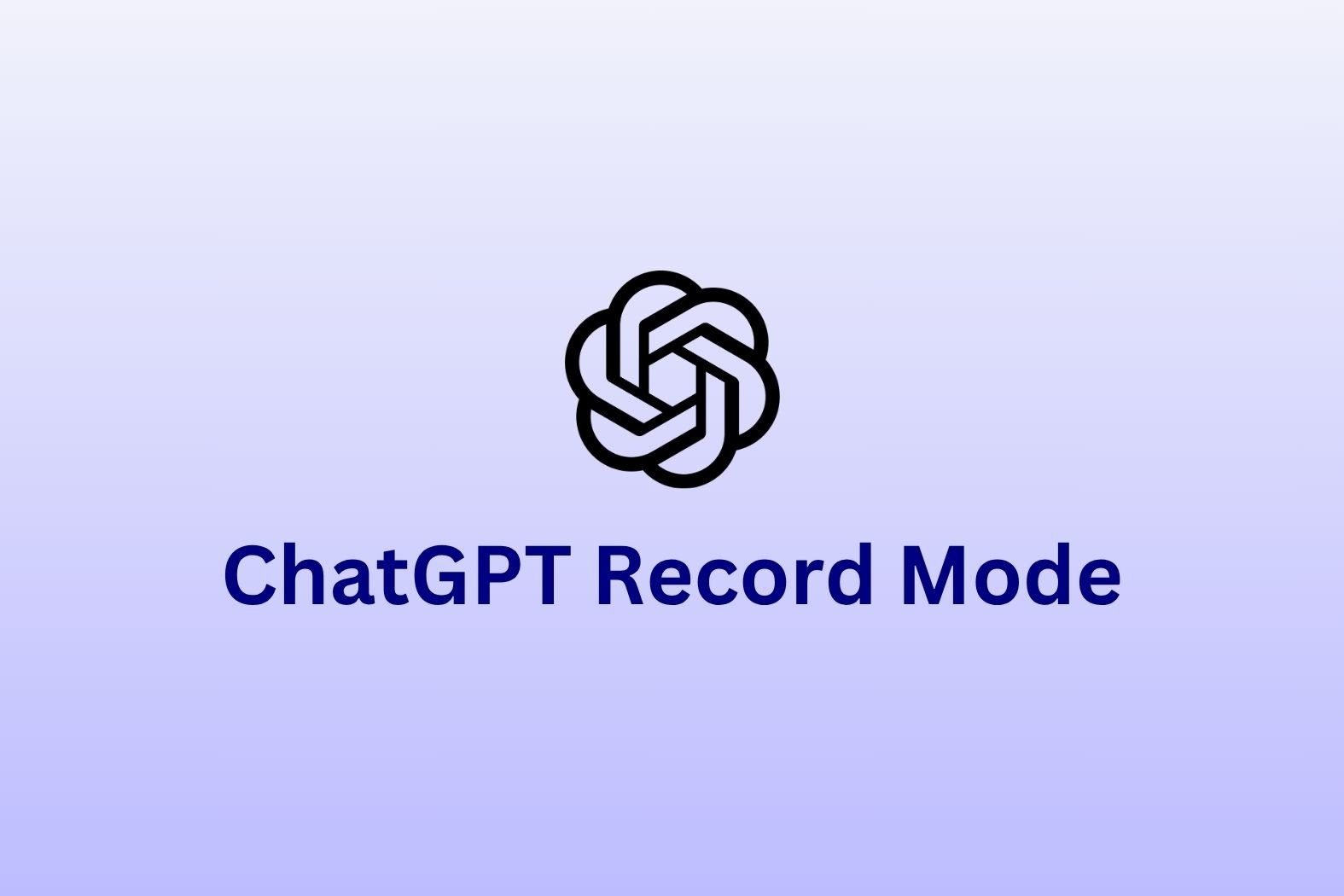Whether you work remotely or in an office, there’s nothing worse than being in a deep state of flow and getting interrupted. The interruption may only take seconds, but the after-effect often take ages to shake off.
It’s not just about the time loss, or even the utter frustration of being interrupted. There’s also a massive impact on business revenue when you start to add up all these workplace interruptions.
Interruption at work statistics
A new report was recently unveiled by German Think Tank Next Work Innovation, highlighting interruptions at work statistics. The study found that employees in knowledge-intensive professions are interrupted an average of 15 times per hour. This equates to one interruption every four minutes.
The financial impact? The Think Tank ascertained from the figures, that when added all together interruptions cost companies globally around €58 billion per year.
And it’s not just interruptions from emails, coworkers, telephone calls, or other usual suspects. The study participants also spent, on average, a day and a half in meetings per week and attempting to multitask at least twice an hour.
This constant state of flow often leads to a lack of focus, and efficiency, as well as overwhelm and stress.
To put this all into perspective, this is about the same amount of time, energy and resources as the entire workforce of Siemens achieved in 2021 – that’s 303,000 employees worldwide!
The review also found that for every single interruption of an employee, it added a huge 15 to 24 per cent more time to the task – depending on the complexity. Even conservatively taking that at 15%, that’s an average of three full working days a month lost purely to interruptions.
YIKES!
Workplace interruption findings summarised:
- The average knowledge worker is interrupted an average of 15 times per hour
- That’s one interruption every four minutes
- Loss of productivity resulting from interruptions cost companies an estimated €58 billion per year (globally)
- Most knowledge workers attempt multitasking at least twice every hour
- On average, knowledge workers spend a day and a half in meetings every week
- Each interruption makes a task take 15%-24% longer to complete
- Even if that’s on the low end (just 15%), this would result in three full working days lost to interruptions per month
- Emails are responsbile for most interruptions
How are we getting interrupted in the workplace?
In the study, there was no one main culprit to interruptions, but a real mix of influences. However, none were hugely surprising.
The participants found that their work is most frequently interrupted by e-mails, on average 3.3 times an hour.
However chat services weren’t far behind, and while many services such as Slack and messaging apps are designed to make communication more efficient, they are being used as mostly reactive rather than as “leaving a message” to colleagues to pick up at a time when they aren’t busy.
Also, online meetings – a mainstay in our work culture following the pandemic – are a huge bone of contention for many when it comes to getting work done. With so many being deemed as “mandatory”, the study found that many people agreed to attend only to keep their cameras off and work on other tasks at the same time.
Neither the meeting nor the work tasks receive the full attention of the individual, which can lead to mistakes, rushing and a lack of focus overall.

While we would LOVE to say that all interruptions were corporate-based, sadly it’s not just the odd email notification pulling us away from our work. We are, at the very heart of things, dopamine-seeking creatures. That could be a flick of your mobile onto social media, staring out the window at a vehicle going by, or even nipping to grab your 46th coffee of the day.
The report found that the study participants unlocked their phones 56 times a day, and looked at them 88 times. Was this work-related? Nope! It was mostly to use social media and check the news. While the report recommended leaving your phone away from your desk, thankfully they realized that this just isn’t feasible (and a bit cruel in this day and age!)
Why are constant interruptions at work still happening?
According to the report, one of the main contributors to this issue is that workplaces often lack clear processes and communication structures which leads to people having unclear expectations. Alternatively, these are in place for employees, but senior management often does not adhere to the same rules.
Many things that were deemed useful in terms of measuring performance are now outdated concepts. Things that lead to, in effect, digital presenteeism: overtime, attendance at every meeting, and postponing holidays.
Continuing with these can lead to a culture of performative work. Where employees “look busy” and “feel busy”, but less work gets done overall, as they are more focused on how they appear.
This creates an environment where employees feel like they cannot complete their tasks without help or input from others. Furthermore, with organisations increasingly looking towards digital solutions such as Slack and emails for communicating internally, there is a tendency for these channels to become overloaded – leading to further distractions.
Chat applications such as Slack should be used to stop the flood of e-mails. But the result was is often just an additional Slack overflow. And the flood of e-mails has by no means subsided by enough to save time and distraction. If anything it’s added to by adding a brand new medium to keep in mind, pulling attention away from tasks.
It’s also worth noting that not everyone is affected in the same way. While many people love working from home, such as introverts, others may struggle. Working on one big desk may be great for chatty sociable roles, but for those who require deep focus, the whole communal situation is incredibly distracting.

So, who is Next Work Innovation & Vera Starker
Next Work Innovation is a Berlin-based think tank researching new work methodology and provides advice to businesses implementing these changes.
Spearheaded by co-founder, Vera Starker, Starker is a business psychologist and lawyer with an MBA in organizational development from Johns Hopkins University, she specializes in coaching teams and businesses. She is a senior coach member of the German Federal Association for Coaching (DBVC). In addition, Vera writes guidebooks about change and conflict management in the digital age.
And what was the study?
To ascertain how much work interruptions cost German companies and the effects of interruptions and distractions on productivity on stress levels, 637 employees were surveyed between December 2021 and February 2022. The participants, all from 25 knowledge-based companies across twelve industries, filled out an online questionnaire and kept a web-based diary.
How to deal with interruptions at work
There are several things that you can do to try and reduce interruptions, and increase your productivity.
Firstly, think about when you answer emails or respond to messages – setting aside specific times throughout the day for this will help you ensure that it’s not taking up too much of your time.
We also need to look at how we view meetings and ‘face-to-face’ interaction in the workplace. So many meetings are still treated as mandatory when it simply isn’t necessary.
By being more selective about when and where you agree to attend or host a meeting, you can reduce the amount of time it eats into your day.
Using a meeting recorder such as tl;dv, and adopting an asynchronous working culture, is a great way to disrupt this narrative.
Encouraging a culture that allows people to ‘catch up’ on meetings at a time that suits them, or even only need to see certain relevant parts creates a much more productive and efficient working life.
As well as the time and money saved, there is simply less resentment and stress about scope creep or feeling obliged to tasks or activities that won’t achieve anything. Nobody is twitching at Slack notifications, and people are given the trust and freedom to set their timelines and working practices.
It also allows a channel for “emergency” communication to be kept clear when needed, however, a calmer and more efficient working environment will lead to fewer red flags and last-minute panics.
Ultimately, being aware of what you’re doing and how it contributes to your productivity can help reduce distractions and keep you focused on the job at hand.
You can also try and adapt to the concept of Deep Work, and give yourself regular, long periods to get things done without interruption. Or implement the Pomodoro method where you focus on a task during allotted time-frames, with mini-breaks to allow for these distractions in a controlled way.
Breaks themselves can help you stay focused and avoid feeling overwhelmed by your workload. Taking a few minutes away from your desk can help you clear your mind and come back refreshed and ready to get back into it.

Lean into office interruptions
Disruptions are always going to be a part of life. Be it our personal lives, working lives, working in an office, or working from home. But by implementing some of the tips above, we can keep ourselves in control and avoid feeling like our day is slipping away from us. With a bit of conscious effort, we can maintain focus and get the most out of our workday.
It all starts with self-awareness, setting boundaries, and a solid transparent work culture. Then invest in tools that help you be more productive, and finally take a few moments to step away from your desk to give yourself some breathing space before getting back into the swing of things. Good luck!














